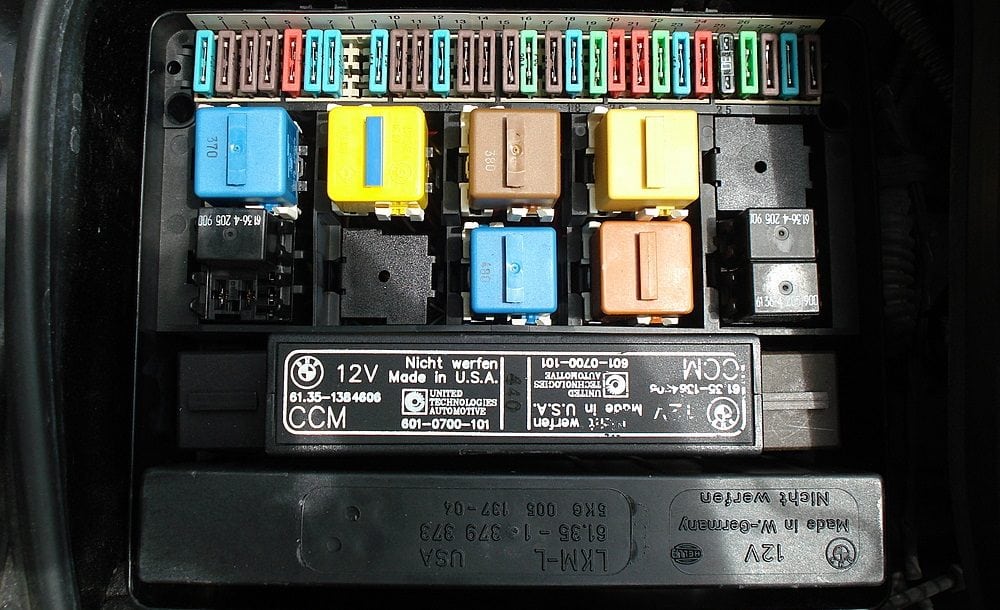
How long does the anti-lock fuse or relay last?
Vehicles today have braking systems that are far superior to those of the past. Late model cars still have traditional braking systems, but they are backed up by ABS systems that prevent the wheels from locking up when stopping hard or when braking on slippery surfaces. Your ABS system requires the interaction of a number of electronic components controlled by fuses and relays in order to function properly.
There are usually two fuses in your ABS system - one supplies power to the system when you turn the ignition on, activates the anti-lock relay and closes it. The second fuse then supplies power to the rest of the system. If the fuse blows or the relay fails, the ABS will stop working. You will still have the standard braking system, but the ABS will no longer pulse the brakes that prevent slipping or locking up.
Whenever you apply the brakes, the anti-lock system fuse or relay is activated. There is no specific life span for a fuse or relay, but they are vulnerable - fuses are more so than relays. You don't replace fuses and relays during scheduled maintenance - only when they fail. And, unfortunately, there is no way to know when this might happen.
When an anti-lock braking system fuse or relay fails, there are certain signs to look out for, including:
- ABS light comes on
- ABS not working
Your ABS system is not something you use all the time, only under certain conditions. But this is a very important safety feature for your vehicle, so fix ABS issues right away. A certified mechanic can replace a faulty ABS fuse or relay to fix any further problems with your vehicle.